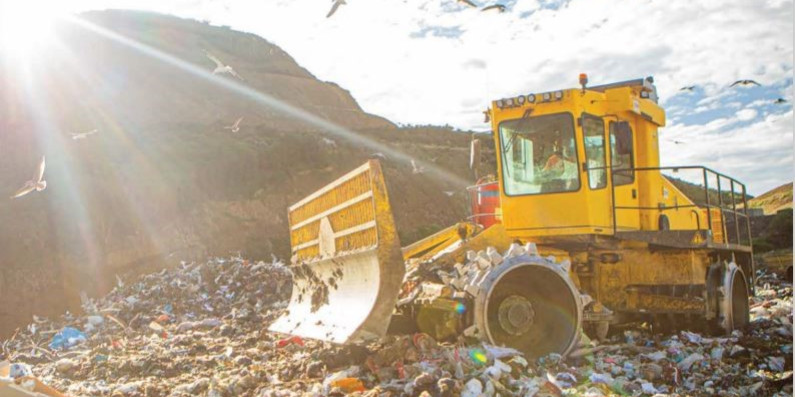
Keep New Zealand Beautiful National Litter Audit
In 2022, the Waste Minimisation Fund – Te Pūtea Whakamauru Para funded Keep New Zealand Beautiful to develop the National Litter Audit Report.

In 2022, the Waste Minimisation Fund – Te Pūtea Whakamauru Para funded Keep New Zealand Beautiful to develop the National Litter Audit Report.
The report is one of several initiatives underway to better manage and monitor litter in Aotearoa New Zealand.
Litter is a sadly both a prevalent and visible issue in New Zealand and has a significant impact on the environment. Litter too often ends up in nature, polluting our rivers, streams and the ocean.
Even though the 2022 National Litter Audit shows a drop in some types of materials, across the board the litter problem in Aotearoa New Zealand is worsening, with the total number of individual items, the weight and estimated volume of litter nationally all increasing per 1000 m², since 2019.
Increased data helps identify where behaviour change is required, what policy changes may be needed and where our investments will be most effective.
The Government has made changes to help reduce waste and litter. Building on the success of the 2019 plastic shopping bag ban, the Government is phasing out certain hard-to-recycle and single-use plastics, preventing more than 2 billion items going to landfill or ending up as litter every year. On 1 July 2023, the Government is phasing out the next set of single-use and hard to recycle products. Plastic produce bags, plates, bowls, and cutlery will be banned. Single-use plastic straws will also be restricted. A transition to compostable plastic produce labels will begin by 2025.
Our new waste strategy Getting rid of waste for a circular Aotearoa New Zealand strategy commits to New Zealand becoming a low-emissions, low-waste circular economy by 2050. A circular economy means we keep resources in use for as long as possible and there is a shift away from the wasteful ‘take–make–dispose’ system that we are all too used to.
At the heart of the strategy is the principal that we all take responsibility for how we produce, manage and dispose of things, and are accountable for our actions and their consequences.